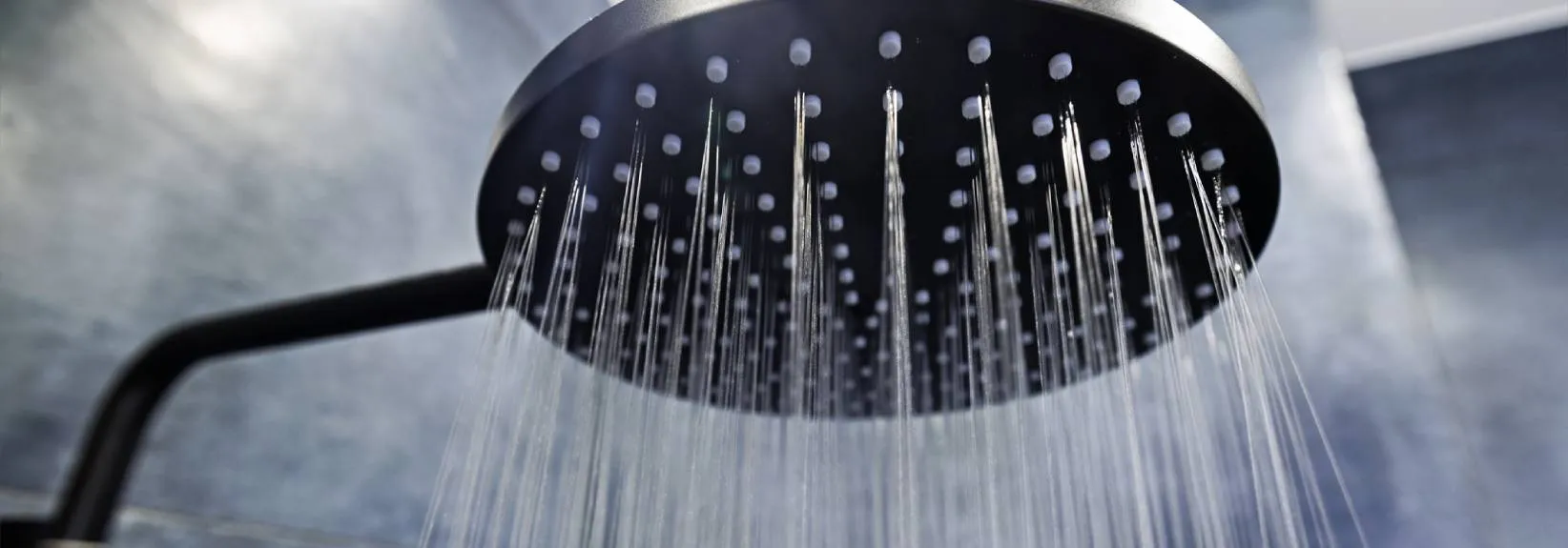What Are the Advantages of a Heat Pump Water Heater?
Heat pump water heaters, also known as hybrid water heaters, are a creative and earth-friendly solution that might be ideal for your household’s hot water needs. Dig into the inner workings of these distinct units and explore their pros and cons to help you decide if a heat pump water heater is the right choice for your North American home. Then, research other alternative water heating options and learn when to replace your water heater.
How Do Heat Pump Water Heaters Work?
Heat pump water heaters use energy from the air or ground to warm the water stored in a large, insulated tank. They function similarly to a refrigerator, but in reverse. Instead of expelling heat to cool a space, they pull heat into the system to increase the water temperature. These water heaters use far less electricity than conventional electric resistance models, offering an energy-efficient option for homeowners who want to cut their expenses and decrease their carbon footprint.
Heat Pump Water Heaters: Pros and Cons
Benefits of Heat Pump Water Heaters
Increasingly, North American homeowners are deciding to heat their water with heat pump technology. Here are a few of the advantages of doing so:
• Energy efficiency: Heat pump water heaters are extremely energy-efficient, requiring about 60% less electricity than standard electric resistance water heaters. This efficiency translates to significant utility bill savings, making them a beneficial possibility.
• Environmentally friendly:Reduced energy consumption translates into fewer greenhouse gas emissions. The eco-friendly qualities of heat pump water heaters are enhanced even more when heat pumps are combined with solar panels.
• Long Lasting: These water heaters last up to 15 years, reducing how frequently they must be replaced.
• Rebates and incentives: Many federal, province and local governments provide rebates, tax credits and other incentives for those who buy and install energy-efficient appliances like heat pump water heaters.
Drawbacks of Heat Pump Water Heaters
To be a well-informed consumer, you must also be familiar with the drawbacks of heat pump water heaters. Here’s what to understand:
• More expensive initial investment: Heat pump water heaters are more costly than traditional units.
• Installation complexity: The tank and heat pump combination makes these units more substantial in size at the outset, and they need extra space for correct airflow, potentially increasing installation cost and complexity.
• Noisier operation: Compressors and fans make heat pump water heaters louder than standard designs.
• Lower efficiency in cold climates: Heat pump technology is greatly affected by ambient temperature, so these units aren’t recommended for freezing places.
Other Less Conventional Types of Hot Water Heaters
Storage tank water heaters that operate on natural gas or electricity are the most common design of water heating system. Still, several other alternative options exist in addition to heat pump water heaters. Consider these effective, creative solutions:
• Tankless water heaters heat water on demand as it flows through the small, wall-mounted unit, eliminating the need for the bulky storage tank and wasteful standby heat loss.
• Point-of-use water heaters are small tankless models installed right where you need hot water the most, such as the kitchen, bathroom or laundry room. This significantly lowers the wait time for hot water and increases the ability to multitask hot water activities.
• Solar water heaters use the sun’s power with integrated solar panels, which offers an environmentally friendly option in sunny climates.
• Combination boiler water heaters provide both space heating and water heating from only one unit, eliminating the need for individual appliances.
• Condensing water heaters employ the heat from exhaust gases to enhance efficiency and lower energy consumption.
How to Know You Need a New Water Heater
Knowing the signs that it’s time to replace your water heater can prevent the frustration of an emergency replacement. Some crucial indicators include:
• Age: Conventional water heaters usually last eight to 12 years. If yours is getting close to or has surpassed this age range, consider a replacement before a total failure occurs.
• Frequent repairs: If your water heater is frequently breaking down, replacing it with a new one may be a lot more cost-effective.
• Rising electricity bills: Increasing energy costs are a warning sign of a decline in your water heater’s efficiency, meaning it may be nearing the end of its life.
• Rusty water: If your hot water is discolored or tastes of metal, internal corrosion might be occurring. Protect your family’s health by replacing it with a new model.
• Insufficient hot water: Do you consistently run out of hot water? Your model may no longer fulfill your household’s needs.
• Water leaks: Water pooled around a water heater tank may suggest corrosion or valve leaks that warrant a repair or replacement.
Schedule Water Heater Services in North America
For lots of homeowners, the strengths of heat pump water heaters outweigh the drawbacks. If you decide that it’s time to replace your water heater, turn to Enercare A1 Chesney for quality, affordable services. Our team of certified, licensed plumbers can help you find the optimal water heating solution for your North American home, whether that’s a conventional storage tank or a less typical option. From expert installation to regular maintenance and repairs, we’ve got you covered! Get a hold of a Service Experts office near you to set up water heater services today.



